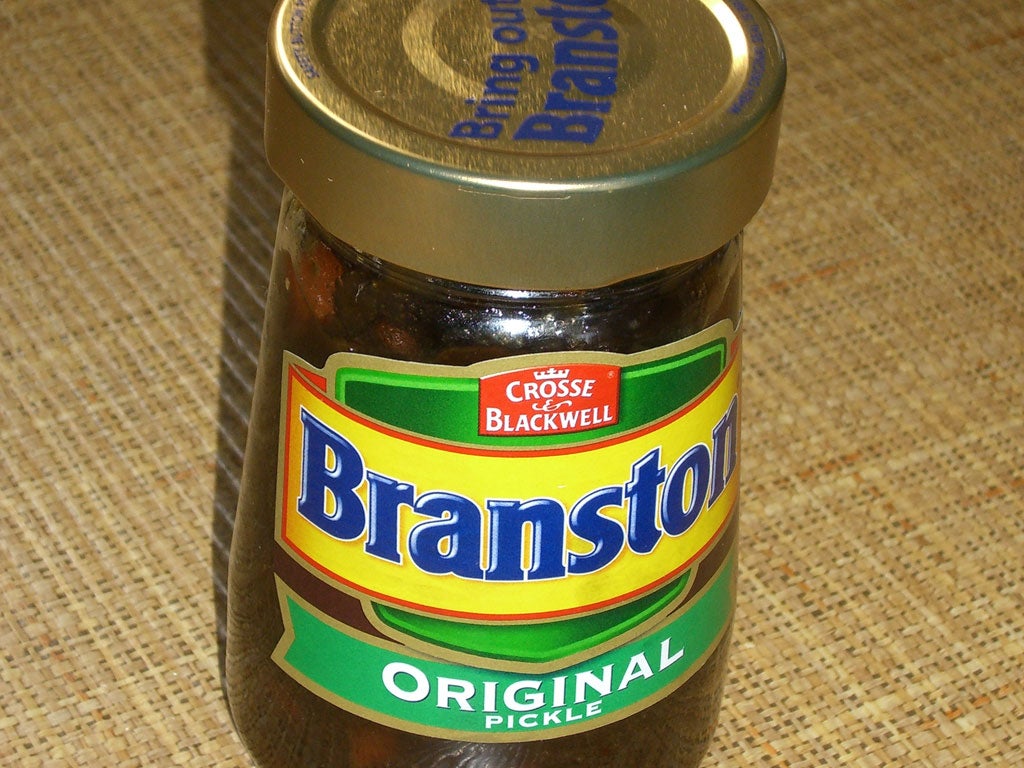Sales that leave our high streets in a bit of a pickle
As whole industries leave our shores, Britain's poor are asking an almost unanswerable question: what jobs will we do now?

In the past week, this newspaper has reported three consumer stories whose superficial similarities are limited. First, there was the news that publishing giant Penguin is to merge with Random House, in a deal struck between their parent companies, Pearson and Bertelsmann.
Second, came news that Branston, of pickle fame, has been sold to a Japanese firm for £92.5m – just weeks, incidentally, after the makers of HP Sauce moved production to Holland. And third, we report today that Comet, the electrical retailer, is to be put into administration next week, following brands such as MFI and Woolworths on to the financial scrapheap.
At first glance, there isn't much in common between these three tales, because the respective industries barely overlap. But they represent vivid evidence of the three great challenges to our whole programme of economic development: rapid technological change; globalisation; recession.
Together these forces are producing a Great Hollowing, in which whole industries leave our shores, and Britain's poor are left asking an almost unanswerable question: what jobs will we do?
Rapid technological change is decimating the publishing industry. According to BookStats, American publishers generated $2.1bn in e-book revenues last year, up 3,200% from 2008. E-books are cheap to produce and therefore cheap to sell. This merger will generate around £100m through savings in distribution, printing, and warehouse space. Other industries – especially the media – will soon follow this inexorable logic.
The owners of Branston say the sale to Japan won't mean a loss of British jobs. Let's see about that. Alas for us, Japan produces exceptionally skilled graduates. Even if Branston doesn't reduce British jobs, in an era of accelerating globalisation, the cheaper labour and swifter minds of developing economies will prove irresistible to endless British companies.
There are many reasons for Comet's demise, but clearly recession is not compatible with expensive electrical goods.
Four years after the financial crisis, a toxic brew of demographic, political, technological and commercial forces is changing our high streets at a dizzying pace. Nothing can be done, so let's please not pretend otherwise. If we want to stop jobs disappearing, we need to work harder for less, make vast and implausible strides in education, and rebalance our economy completely. And all that while learning Japanese. Sayonara!
Editor independentvoices.com

Join our commenting forum
Join thought-provoking conversations, follow other Independent readers and see their replies